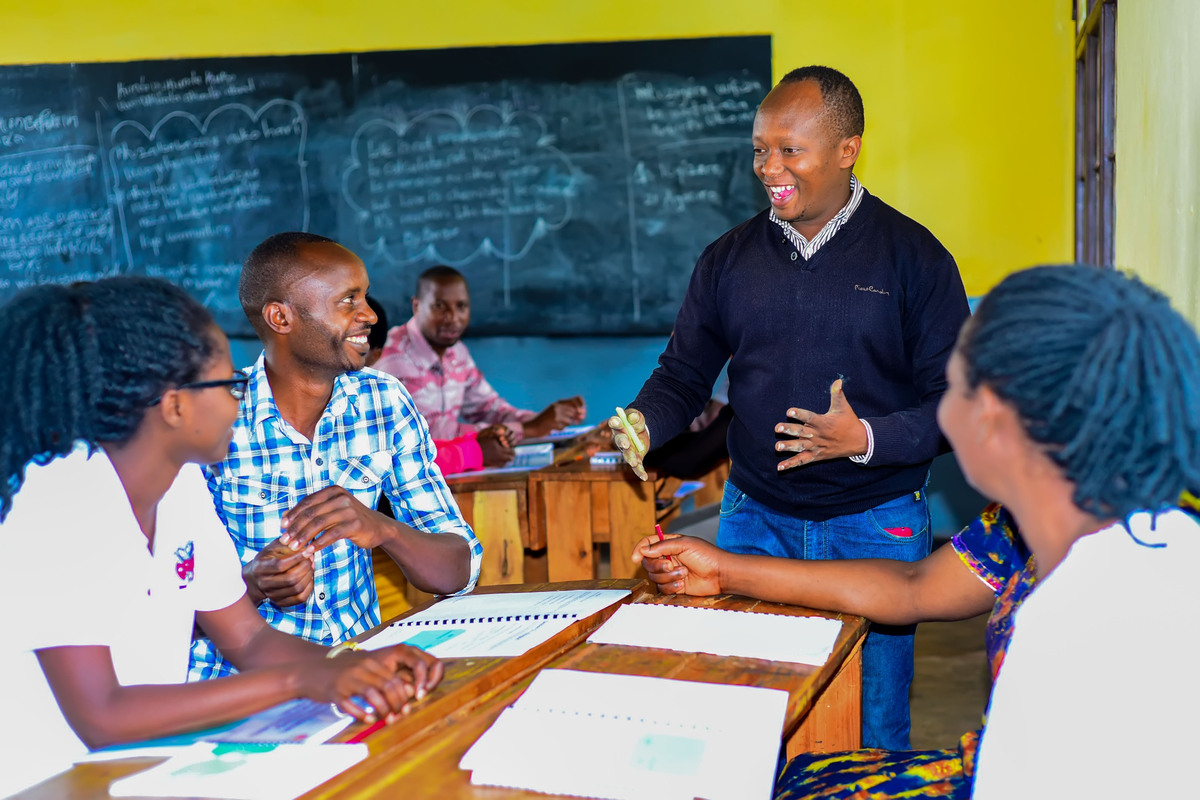
Across the education sector there is an increasing emphasis on understanding where appropriate opportunities may exist to deliver more environmentally-friendly and sustainable education programmes. One key challenge is that there is a lack of available evidence around the environmental impact of delivering programmes. Having this data available could support decision makers to better understand where appropriate action may be taken to reduce the environmental impact of education programming, particularly for programmes that use technology which is increasingly being recognised as having significant implications (both positive and negative) for the environment. This study outlines an exploratory approach to assessing the environmental impact of education programmes to attempt to further this evidence base. The work was commissioned by and delivered in partnership with The British Council, and establishes a process framework for assessing the carbon footprint of a large-scale blended teacher professional development programme, with a focus on comparing face-to-face and online delivery models. The Secondary Teachers English Language Improvement Rwanda (STELIR) programme, a large-scale blended teacher professional development project currently being implemented in Rwanda, is used as a case study for the pilot framework.The Jigsaw team produced three core products: a case study report, a framework document, and a recommendations document. These three products should be read as a complementary set of resources and can be accessed below. Alongside these products, an activity mapping matrix and calculation spreadsheet were developed which illustrate the detail underpinning the assessment.

